Pi Kappa Phi Properties currently operates 27 chapter homes across the country. You might think each location’s real estate structure is the same, but it may vary substantially from campus to campus. Let’s break it down:
There are three different types of chapter houses that Properties operates: wholly owned by Properties where we own the land and the building, partially owned where we own the building but the university owns the land and master leased properties where we do not own the land or building but assist our chapters in occupying the space.
Today, we are going to take a look at what it means for each chapter that has a house operated on each type of housing structure.
Wholly Owned: Building and Ground Owned by Properties
At these locations, from an ownership perspective, Properties has the most control over the real estate. As long as we follow municipal and city requirements (and in some cases university requirements), we have control over most aspects of these locations. Properties is responsible for the stewardship of the land and building, and these locations are most comparable in an operation sense to that off campus apartments or housing. The benefit here over an apartment is that only Pi Kappa Phi brothers can live in the chapter house.
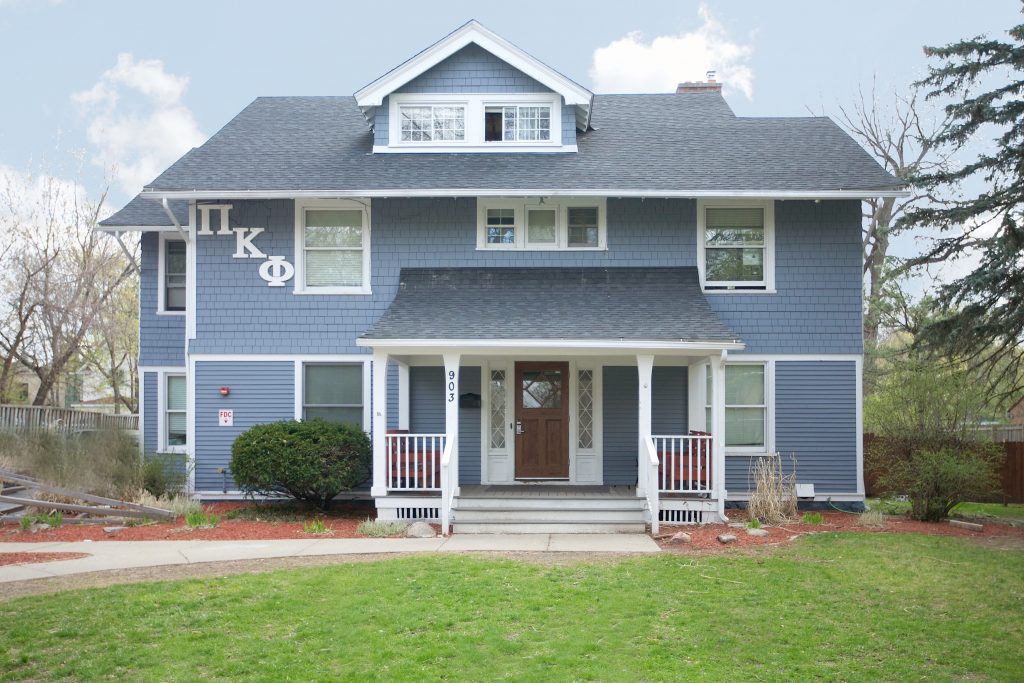
- Alpha (Charleston)
- Upsilon (Illinois)
- Psi (Cornell)
- Alpha Epsilon (Florida)
- Alpha Theta (Michigan State)
- Alpha Kappa (Michigan)
- Beta Epsilon (Missouri)
- Beta Theta (Arizona)
- Delta Chi (Kansas State)
- Epsilon Eta (Winthrop)
- Zeta Phi (Colorado State)
- Eta Gamma (Colorado)
- Eta Upsilon (Miami-OH)
- Theta Theta (Iowa)
- Theta Iota (Washington State)
- Theta Mu (UMass-Amherst)
- Iota Rho (Western Illinois)
- Kappa Beta (Illinois State)
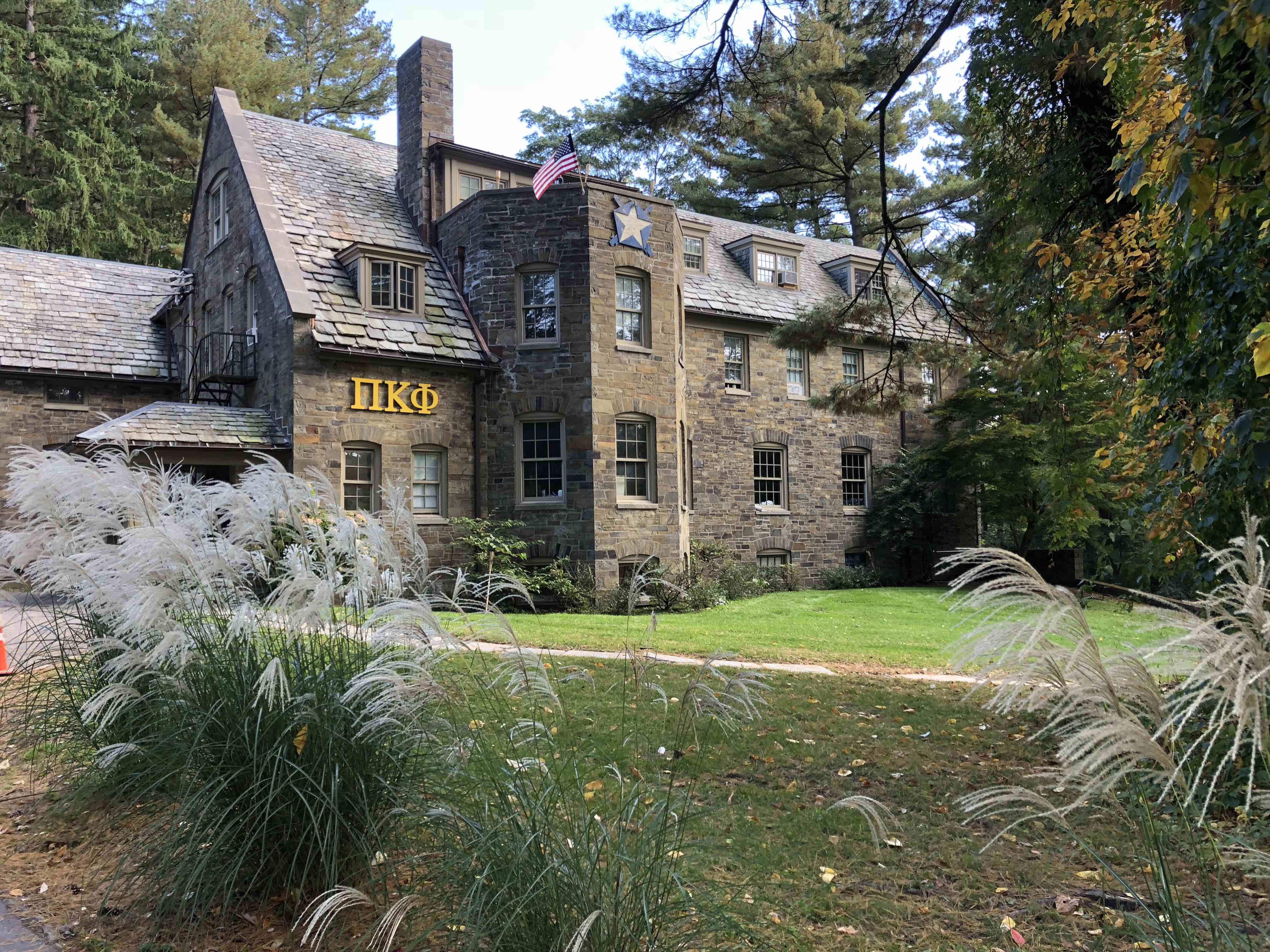
Partially Owned: Building Owned, Ground Leased from University
When we say partially owned, we mean the organization has a leasehold interest in university owned ground. Properties has the right to enjoy the exclusive possession and use for the term of the ground lease, which could range from 40 years to 99 years in most cases.
There are positives and negatives to this type of arrangement. While Properties owns the physical structure, the university owns the land that the house sits on. The plus side to this is that we won’t have to pay property tax bills which creates less of a financial burden on the students. The universities offer this arrangement to support the Fraternity and Sorority community at these locations.
University ground leases usually provide that the lessee (Properties and/or chapter) need to comply with university directives or terms (spelled out in the agreement), and they have policing power over the real estate. The university owns the dirt!
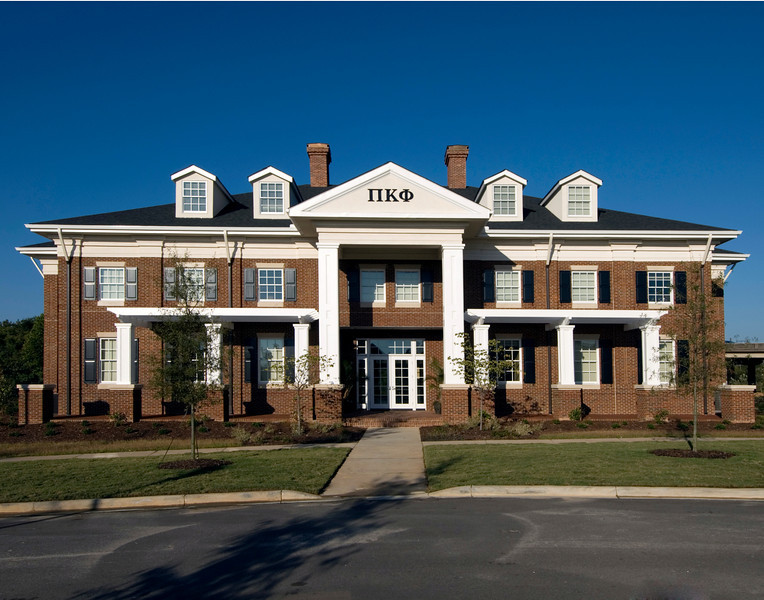
- Sigma (South Carolina)
- Alpha Iota (Auburn)
- Alpha Sigma (Tennessee)
- Delta Psi (Texas-Arlington)
- Iota Nu (Mississippi State)
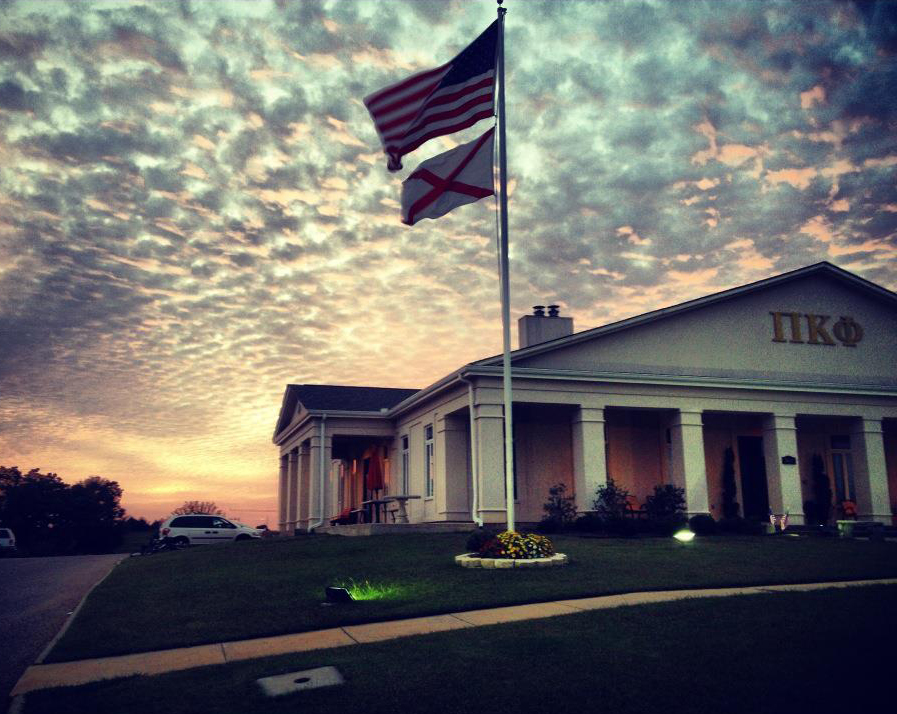
Master Leased Locations: Properties Does Not Own the Land or the Building
This is one category that could actually be two. There are chapters where Properties holds a master lease directly with a landlord, or Properties assists with the operations management on behalf of a local housing corporation. In each instance, Properties’ relationship and control is largely is dictated by the terms of the lease with a third party.
Essentially, at these locations, we lease a building and our members in turn lease from us. The downside to these locations is that there is no guarantee at the expiration of that lease’s term if Properties will be able to keep operating the chapter house and that may create uncertainty for that chapter.
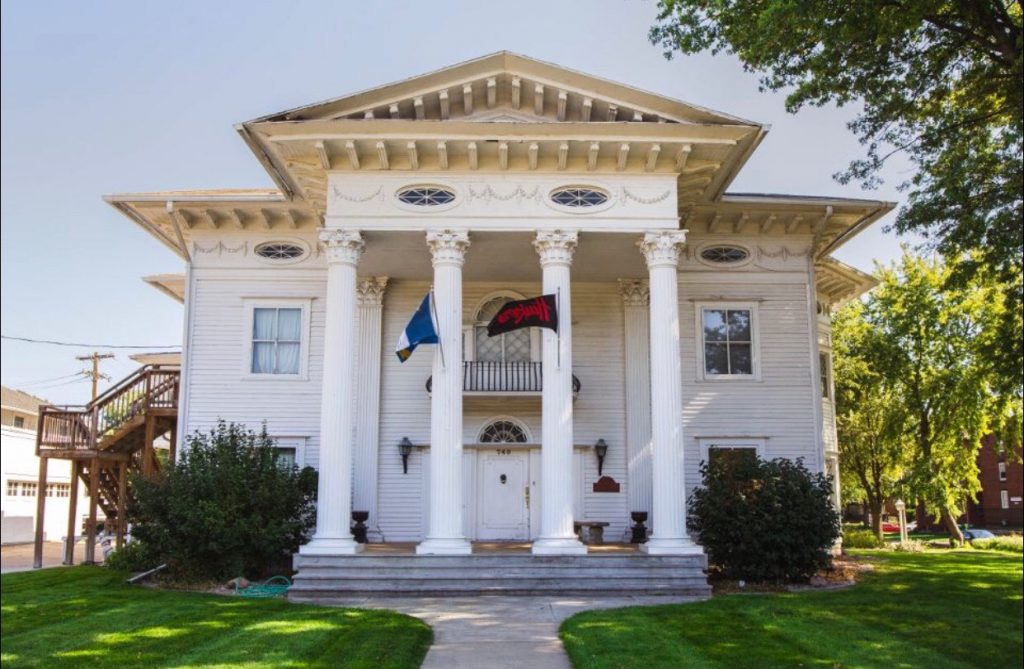
- Nu (Nebraska)
- Alpha Gamma (Oklahoma)
- Theta Epsilon (Kansas)
- Lambda Iota (Vermont)
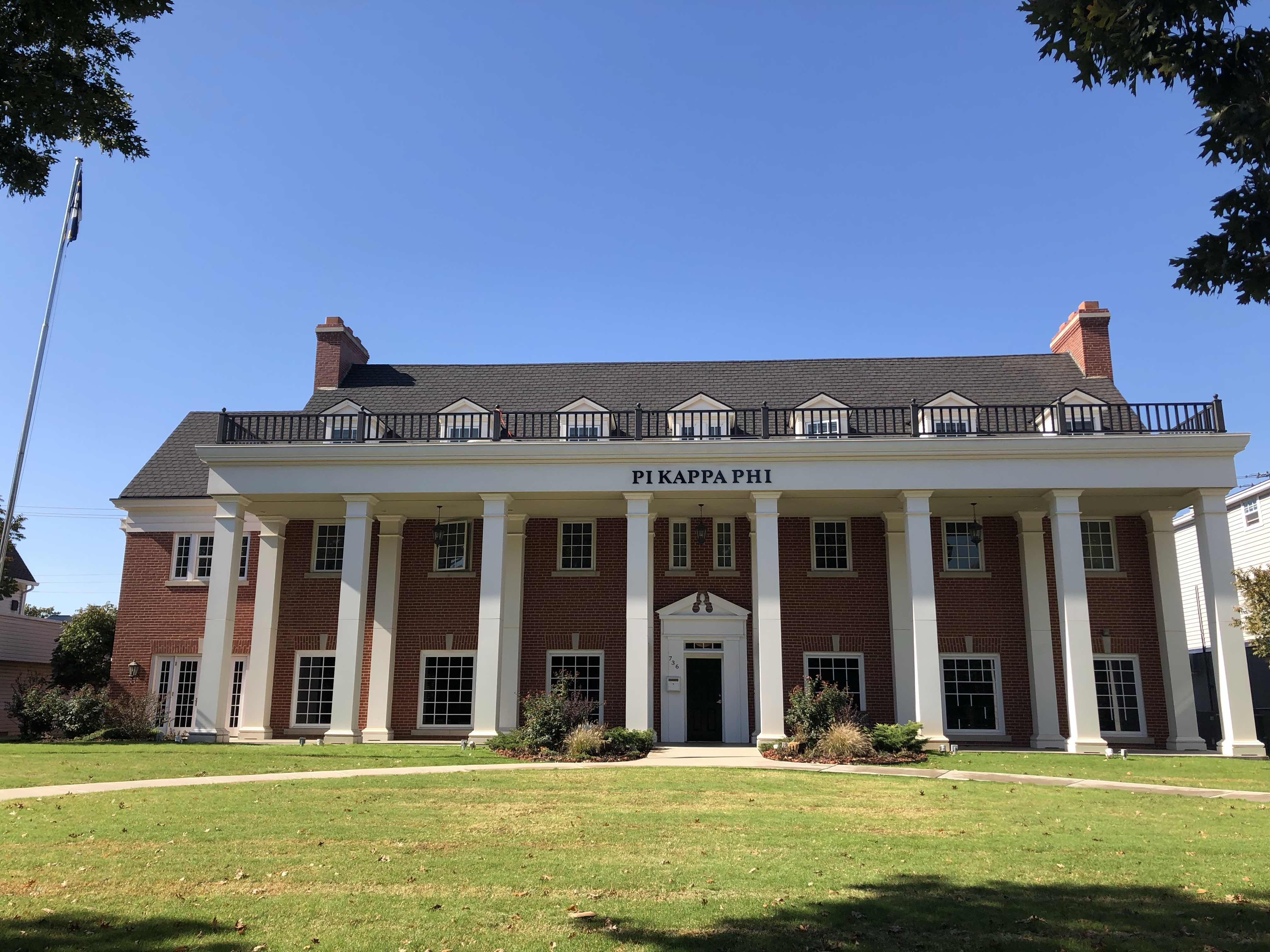
While there are different types of real estate structures across the Properties portfolio, there is one consistency. It’s our goal to provide a memorable and positive experience for all members! Properties exists to enhance the fraternity experience by creating a place for brotherhood.
